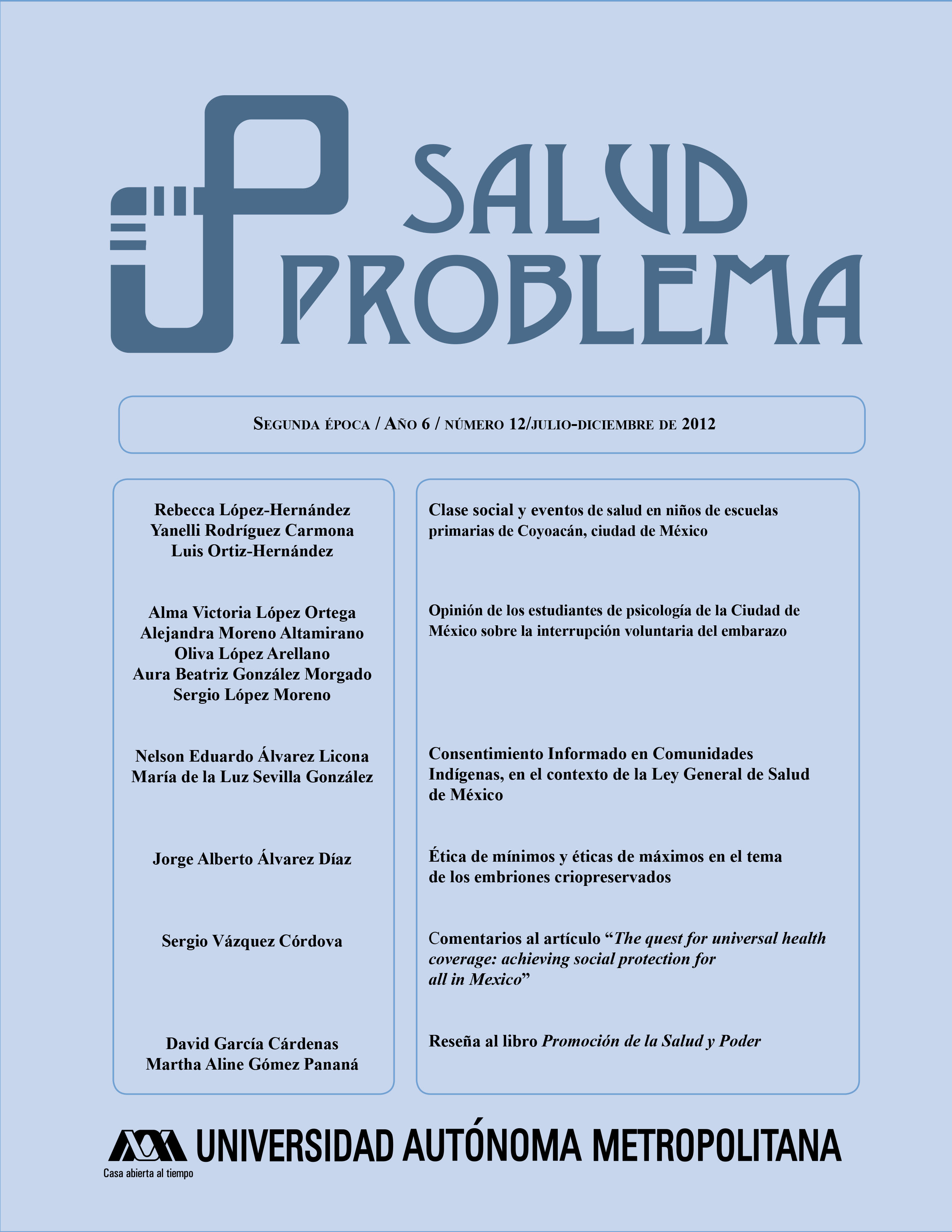Ética de mínimos y éticas de máximos en el tema de los embriones criopreservados
Resumen
El trabajo revisa los antecedentes de investigaciones empíricas realizadas en Latinoamérica sobre las técnicas de reproducción humana asistida (con enfoque antropológico en Ecuador) y la donación de embriones (con enfoque bioético en Chile y Perú). Posteriormente el trabajo se centra en algunas condiciones legales en Costa Rica y Argentina como ejemplos de legislaciones restrictivas que hacen imposible donar embriones en esos países, lo que contrasta con la regulación permisiva en Brasil respecto a este tema. Se analiza el papel que ha jugado la religión al influir, de diferentes formas, en la creación de marcos legales para la reproducción asistida. Se concluye que, con el ejemplo desarrollado, uno de los grandes retos del estado democrático actual no consiste solamente en ser plural y laico, sino en delimitar los espacios de libertad y tolerancia para que cada ciudadano pueda ejercer la ética personal con que se identifique de mejor forma sin querer imponerla al resto.

